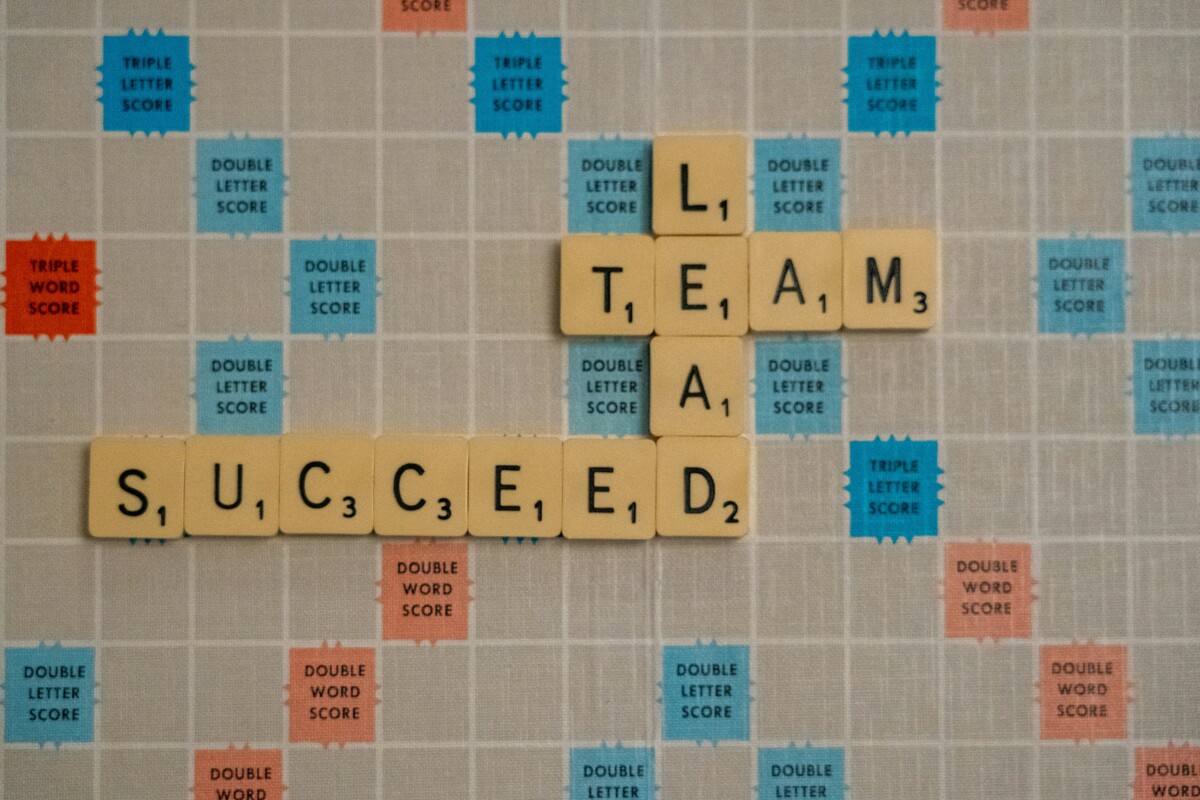
EU Pauses Anti-Greenwashing Law: What It Means for Sustainable Communications.
Date: June 2025
Read time: 2 mins
Author: The Anti-Greenwash Charter

In a surprising move, the European Commission has announced it will withdraw the proposed Green Claims Directive, halting negotiations that would have required companies across the EU to substantiate environmental claims — like “climate neutral” or “recycled content” — with independent evidence.
Why the Law Mattered
- A 2020 Commission study found that over half of environmental claims were vague or unsubstantiated.
- The Directive aimed to tackle this by mandating independent verification and penalties for false, vague, or misleading claims.
This would have aligned with reforms passed by the European Parliament earlier this year, requiring environmental claims to be based on scientific evidence, third-party certification, and clear labelling.
Why the Rollback Happened
- The European Commission cited an overwhelming administrative burden on micro businesses if they were included in the law.
- Some lawmakers, particularly from conservative groups, argued the Directive was overly complex and costly, threatening to block the legislation unless it was withdrawn.
The Consequences
- Without the Directive, companies won’t face mandatory pre-approved verification or legal penalties for misleading environmental claims, potentially weakening enforcement.
- Trust in sustainability claims may erode further, making it harder for genuinely responsible businesses to stand out.
- Responsibility for claim-checking and accountability now falls heavily on markets, NGOs, independent watchdogs, and movements like The Anti-Greenwash Charter.

What Comes Next
-
The European Commission may still pursue other consumer protection measures to address greenwashing, such as restrictions on vague offset-based claims.
-
Meanwhile, credible sustainability communications have never been more important. Businesses should proactively:
✅ Adopt independent third-party verification
✅ Publish clear, specific sustainability claims
✅ Engage with initiatives like The Anti-Greenwash Charter to demonstrate transparency and integrity
The Bottom Line
This pause highlights how fragile regulatory progress on greenwashing can be — even in markets like the EU. Without legal enforcement, brands that care about credibility need to lead by example.
As Charlie, CEO of The Anti-Greenwash Charter, puts it:
“Regulatory setbacks only make market integrity more vital. The difference between vague claims and verified truth becomes the difference between trust and mistrust.”
For brands serious about sustainability, the message is clear: self-regulation, independent verification, and honest communications aren’t optional — they’re the foundation for long-term trust.
Communicate with Confidence
If your organisation wants to protect its reputation, reduce greenwashing risk, and communicate sustainability with confidence, we’d love you to join us.
📢 Become a signatory of The Anti-Greenwash Charter.
Shape the future of responsible communication and show stakeholders what honest, trusted sustainability leadership looks like.
